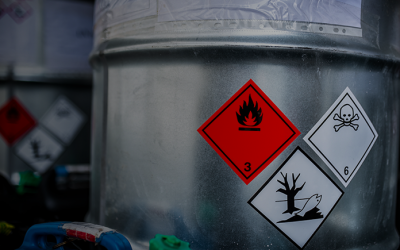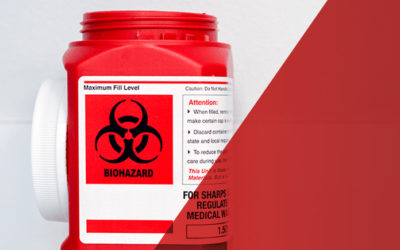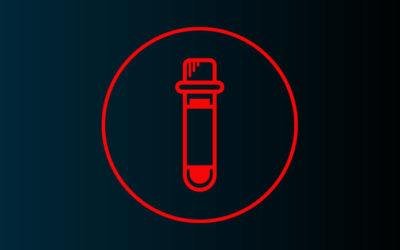If your doctor’s office or hospital is a fully functioning clinic, it’s very likely you periodically need to dispose of expired medications and biohazardous waste. However, it’s obviously not as easy as simply throwing this material away. There are some very specific regulations and restrictions regarding what kinds of medications get disposed of in what fashion. One common practice used by doctors’ offices and hospitals alike is simply putting expired medication in red bag waste. This is not the protocol for properly disposing of hazardous waste, though, and could lead to fines being levied against the facility.
Service Request
Have waste that requires compliant handling or disposal? Fill out our service form and an MCF Environmental Representative will get back to you quickly with next steps!
Please note we do not provide disposal services for household waste

















